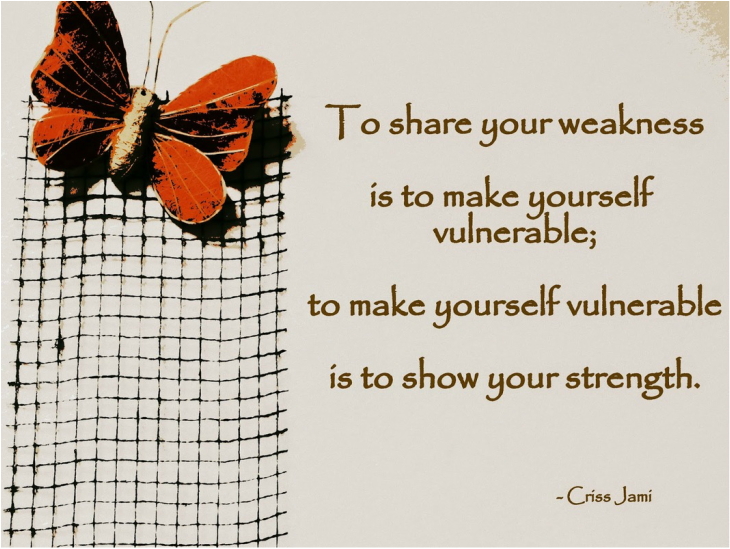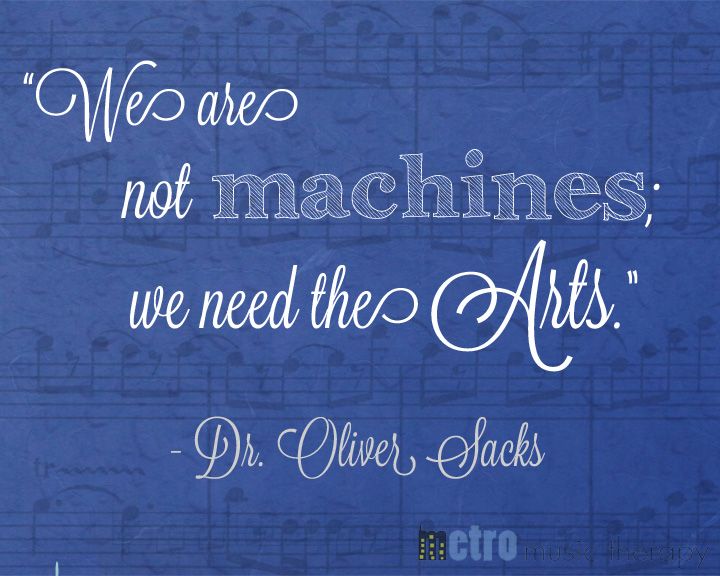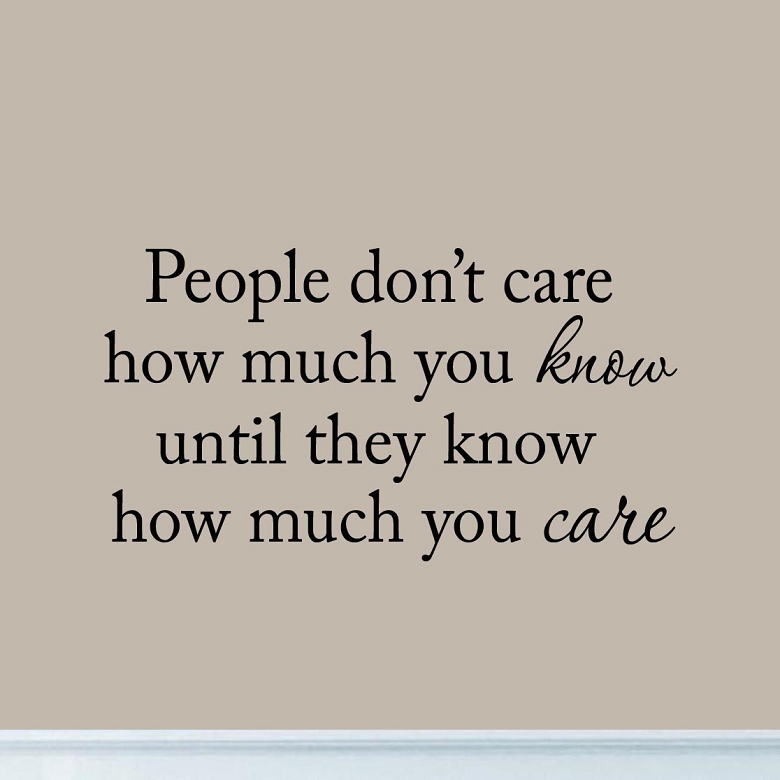Did we ever realize how hard it would be some days to forge through? Did we ever think how the “stuff” of life could affect us at our cores? The list is endless: Loss of a loved one, a sick parent or child, divorce, miscellaneous relationship issues, among others.
I believe all educators who are meant to teach are selfless beings. At their very cores, teachers choose this profession for one reason: To inspire. The only problem is that some educators never come to feel the healing power of their profession when personal tragedy clouds thoughts. The saying rings true: Choose a job you love, and you’ll never work a day in your life. When one is in the right profession, our work becomes our daily drug of choice. We feel better in the midst of teaching, we make meaningful connections with students, and we inspire, regardless of our own struggles.
And this is where we tend to miss the boat: We miss the opportunity to connect with students who are hiding behind the same societal cloak of academia imposed upon them since a young age. We are all hiding from vulnerability in some way:
“There is an explanation for all this, but it is not, I believe, that our students are heedless of soulful matters. In fact, today’s undergraduates are closer to the things of the soul than were students in my generation. Traditional students today (to say nothing of their nontraditional peers), are much more likely than we were to have had profoundly soul-challenging experiences by their late teens or early twenties: divorce, the suicide or murder of an acquaintance or friend, substance abuse as a way of dealing with chaos and despair, grim prospects for future employment, and so on.
So why do they resist addressing spiritual issues in the classroom? First, our students are told from an early age that school is not the place to bring their questions of meaning: take them home, to your religious community, or to your therapist, but do not bring them to school. So students learn, as a matter of survival, to keep their hearts hidden when in the groves of academe. It is no wonder that they become distrustful, even frightened, when some teacher suddenly changes the rules and asks them to wear their hearts on their sleeves.
But I am equally passionate about not violating the deepest needs of the human soul, which education does with some regularity. I have seen the price we pay for a system of education so fearful of soulful things that it fails to address the real issues of our lives, dispensing data at the expense of meaning, facts at the expense of wisdom. The price is a schooling that alienates and dulls us, that graduates people who have had no mentoring in the questions that both vex and enliven the human spirit, people who are spiritually empty at best and spiritually toxic at worst.
-Parker Palmer, “Teaching with Heart and Soul: Reflections on Spirituality” from Journal of Teacher Education
We are failing our students by teaching at them, and not to their inner beings. Similar to how one may hear another speak, but not actively listen, we are choosing to ignore accessing students at their cores. Students are being trained to act, just as we do, to forge through their days as muted, masked, emotionless robots void of any signs of vulnerability.
“Hiding behind technical mastery makes musicing’s goal effect rather than truth. Performance and performance preparation that only emphasizes technique can never illuminate the truth – or rather, the inner “soul” of the score.”
–James Jordan, The Musician’s Trust
Every music educator has been guilty of focusing on the black and white of the page, rather than the composer’s emotional intent through notation on a piece of paper. As previously stated in past blogs, we are in the business of aesthetics, but it is not solely to relay information – it is to relay an emotion or a story with band, orchestra, or choir as our vehicle.
Because I knew the value of sharing personal stories with my students to create a deeper, honest, more meaningful performance (yes, even as 7th graders), I informed students how the selection had personal meaning to me, and promised to share details before our concert. By the day of our final rehearsal, handfuls of students were requesting my story. They wanted to know, not just because they cared for me as I do them, but because they yearned to understand the why of the performance itself. Why should this matter to me? We all question the why of what we do on a daily basis, especially when someone asks us to follow through; furthermore, students truly want to please teachers who care about their lives.
When I shared my personal reasons for the selected piece, many students were crying along with me, having gone through or currently going through a similar experience in their lives. It was a sincere, raw, and visceral moment between me and 58 students that created a beautiful performance that evening for families; one that was answered by many tears in the audience.
We simply have to do a better job speaking to our students, learning who they are at their cores, and genuinely care more about their progress as young people. We must stop hiding from our own stories and choose to share the vulnerability that makes us all human beings. All musicians and directors should try to perform music for music’s sake again, void of ego and all the extra weighted nuances (politics) that tends to coincide with our position, and pursue the innocence and joy of making music once held as eager children. When we decide to shed the cloak of protection surrounding our souls, we can truly make meaningful connections, and as artists, convey the intended emotion or story people so desperately yearn to feel more in this life.




 RSS Feed
RSS Feed